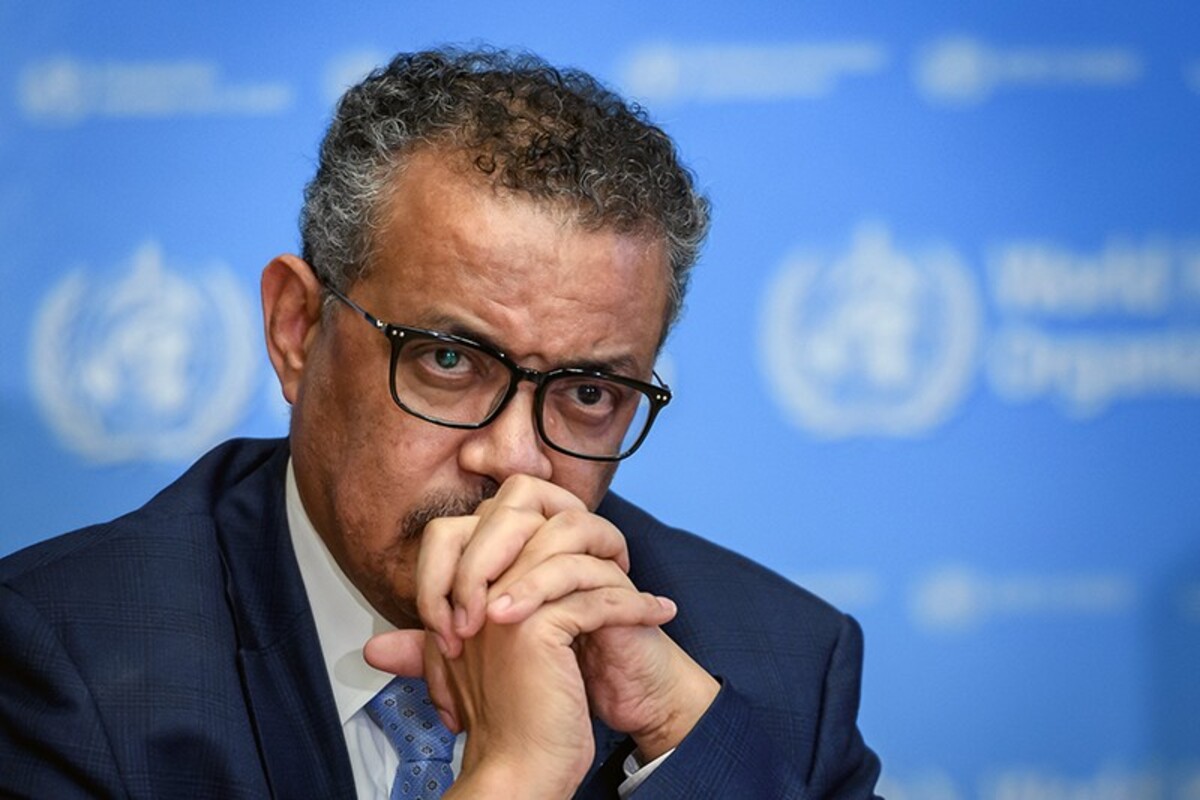The World Health Organisation on Wednesday approved the world’s first malaria vaccine. It is being regarded by the international scientific and policy-making community as the ‘silver bullet’ in the fight against the mosquito-borne disease that kills more than 400,000 people a year, most of them children. It is to the eternal credit of routinely demonised ‘big pharma’ ~ the vaccine was first made by GSK in 1987 ~ that it waited patiently for the decision by a panel of WHO experts which gave its nod to the broad use of the vaccine after an exhaustive review of a two-year pilot programme in Ghana, Kenya, and Malawi during which more than two million doses were administered.
The WHO has recommended that children in sub-Saharan Africa and in other regions with moderate to high malaria transmission get four doses up to the age of two.
Advertisement
More than half of malaria deaths worldwide are in six sub-Saharan African countries and almost a quarter are in Nigeria alone. Southeast Asia and parts of South Asia too have high to moderate malaria transmission rates.
The fight against malaria received a boost in April this year when researchers from Oxford University announced that their Matrix-M vaccine candidate had become the first to surpass the WHO’s threshold of 75 per cent efficacy.
Germany’s BioNTech, which developed a coronavirus vaccine with US giant Pfizer, has said it aims to start trials for a malaria vaccine next year using the same breakthrough mRNA technology. The world health agency has expressed the hope that its latest approval will encourage scientists to develop more malaria vaccines. But, to strike a note of caution, the world must also be prepared for a sustained campaign by anti-vaxxers to prevent the world’s largest pharmaceutical companies from marketing vaccines to those who can afford to purchase them and thereby cross-subsidise vaccines for the needy.
The key will be ensuring the vaccine is delivered to those who need it most and, as always, funding that process will decide whether the silver bullet hits the target. The Gavi vaccine alliance, which has done commendable work in trying to ensure an equitable distribution of Covid-19 vaccines, is thought to be already looking at how to finance a new malaria vaccination programme for the nations of the global South as well as fund further research into the efficacy of the vaccine in Southeast Asia where special epidemiological characteristics of the disease such as “forest malaria” are prevalent.
Regional networking and data-sharing is a must to keep all stakeholders updated about the status of various malaria control programmes across the worst-affected countries in Africa and Asia.
Experts underline the role of GIS/GPS infrastructure and mobile phones, which can provide real-time information, in formulating a holistic approach to malaria control by integrated vector management.
Additionally, poor access to health care often goes hand in hand with poor reporting from some of the same areas. But beyond tackling uneven health care on a priority, scientists believe due attention ought to be paid to evolutionary pressures that may alter malaria parasites in ways that contribute to the severity of the disease.











